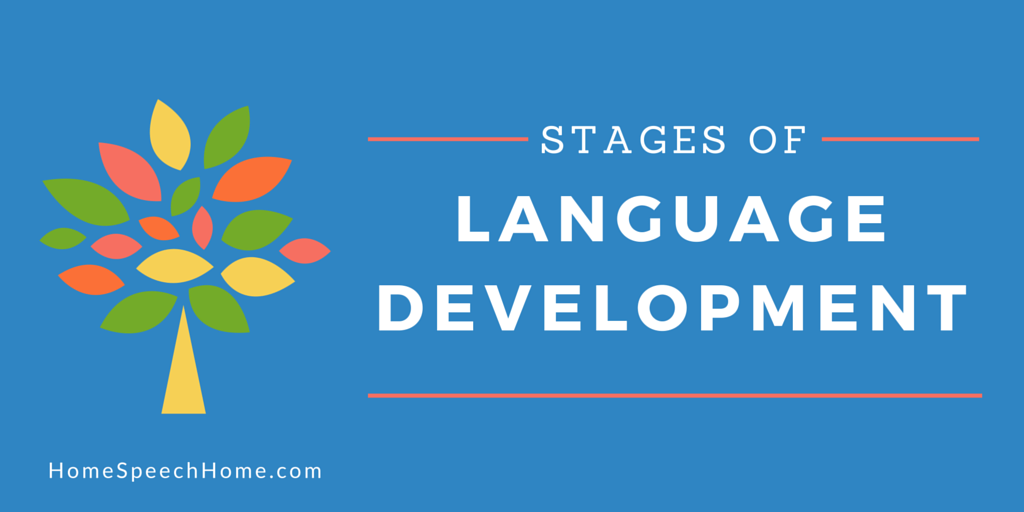Language Development
Playtime is integral in a child’s development of language skills. As therapists, part of our job is to guide a child’s development through play activities and to teach parents to do the same. 3ds max bvh files download. As an ode to summer – and to Better Speech and Hearing Month – here is a list of five summer activities that will help parents focus on language.
Didesign021/shutterstock.com Parents play a critical role in a child's language development. Studies have shown that children who are read to and spoken with a great deal during early childhood will have larger vocabularies and better grammar than those who aren't.

Here are some simple ways to nurture your baby's language development. Talk, talk, talk. Narrate the day as it evolves. Tell your child, for instance, 'Now we're going to take a bath. Can you feel the warm water on your belly? When we dry off, we'll get dressed and take a walk.'
- Typical Speech and Language Development. What Is Speech? What Is Language? Learn the difference between speech and language. How Does Your Child Hear and Talk?
- Language development is the process through which a person develops and learns a language throughout infancy and childhood, which typically refers to a person’s first or primary language. There are a number of theories with regard to how people learn and develop language, and each theory takes different approaches to language acquisition.


Read, read, read. It's never too early to read to your baby. One good predictor of future reading success is the amount of time parents spend reading with their child. Parents can start with simple board books and graduate to picture books and longer stories as their child gets older. Story times at the local library or bookstore can also help a preschooler develop a love of books. Enjoy music together.
Language Development Milestones
Young children love music and movement. When they listen to lively songs, like 'Old McDonald Had a Farm,' they learn about the world around them and the rhythm of language.
Language Development Activities
Tell stories. Make up elaborate stories with characters, conflict, adventure, and a happy ending. Be sure that the stories fit your child's interests and aren't too scary for her liking. Follow your child's lead. If your little one seems interested in a particular picture in a book, keep about it.
If she seems intrigued by a boat, show her more boats and talk about them, too. Repeat her babbles back to her, ask questions, and interact with her.
You can even try recording your child on a tape recorder and playing it back. Never criticize your child's articulation or speech patterns.
Language Development Theories
Instead, repeat his statements back to him with the correct pronunciation or word usage. Give your child lots of praise for his efforts. Use television and computers sparingly. The American Academy of Pediatrics recommends that children younger than 2 not watch television at all, and that children 2 and older view no more than two hours of quality programming a day. While some educational programs can be beneficial to kids, TV shows don't interact with or respond to children, which are the two catalysts kids need to learn language. Computer games are interactive, but they aren't responsive to a child's ideas. Treat ear infections thoroughly.
Children in group child-care situations are more prone to ear infections, which can put them at risk for hearing loss and, consequently, language delays. If your pediatrician prescribes an antibiotic to treat an infection, make sure your child takes the correct dosage each day and uses it for the full prescribed time.
When your child finishes the prescription, schedule a follow-up visit with your pediatrician to make sure the infection has cleared. Go on field trips. A trip to the zoo, the aquarium, or a children's museum will open up a whole new world for your child. As an added bonus, she'll want to learn the names of all those fascinating creatures and fun activities she experienced. Sources: American Academy of Pediatrics; Kathy Hirsh-Pasek, coauthor of How Babies Talk; John Bonvillian, PhD; Karla Stovall, speech and language pathologist Copyright © 2001 AmericanBaby.com.
All content here, including advice from doctors and other health professionals, should be considered as opinion only. Always seek the direct advice of your own doctor in connection with any questions or issues you may have regarding your own health or the health of others.